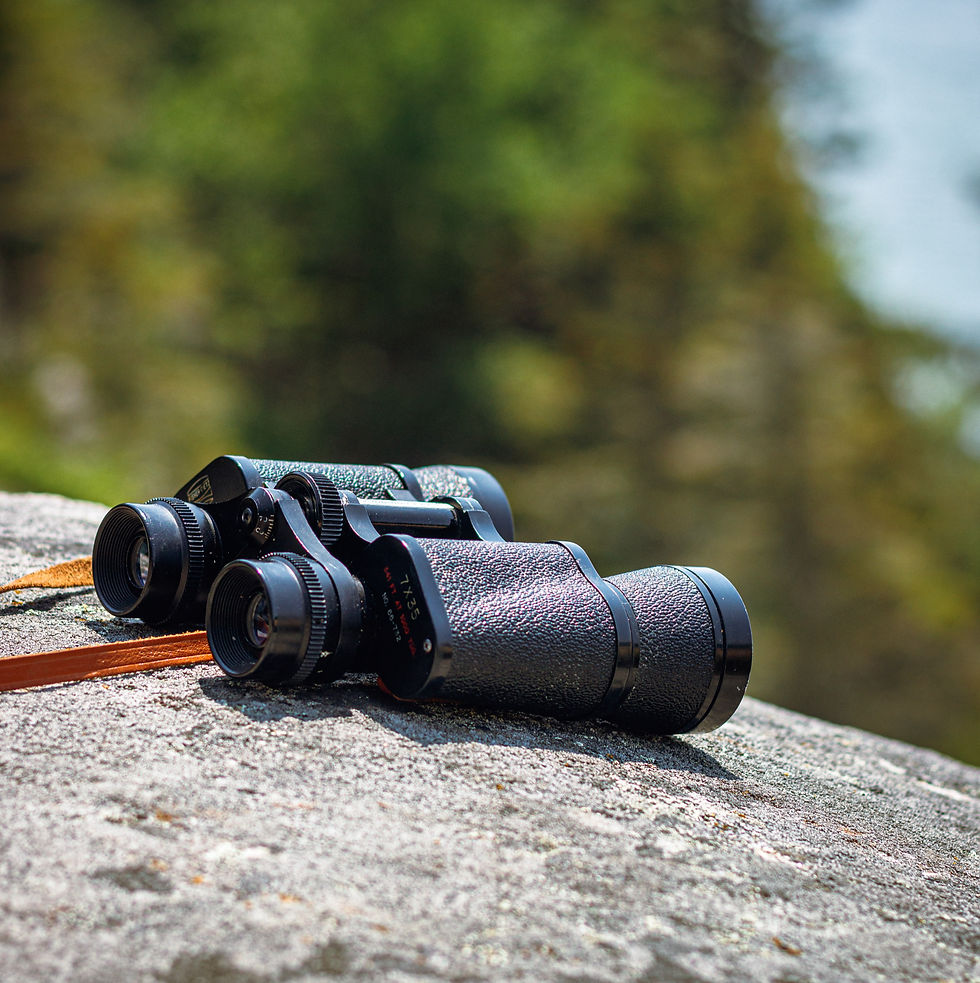Plovers at the Pang
- Debby Reynolds
- Oct 19, 2021
- 2 min read

Rainfall in winter 20/21 was plentiful and by spring 2021 the river level at Bucklebury was quite high. However, there was no flood water in the field where Little Ringed Plovers had successfully raised chicks in 2020 and only a small muddy pool at the nearby ‘pony paddock’. By March the breeding site was ploughed, set for cultivation and maize planting would follow.
We knew it had been a special event for these rare birds to breed in the Pang Valley and had already predicted unique factors in 2020 meant it would be a one-off event. Therefore imagine our surprise to find two birds feeding at the muddy pool on April 8th 2021. It had to be two of the same birds and within a few days they were exploring their old nesting area, now ploughed, displaying and mating. Unbelievably this continued for three weeks and allowed us enough time to raise a fund to enable a conservation plot to be created at one end of the arable site. West Berkshire Countryside Society and Newbury District Ornithological Club each gave a grant although breeding was not guaranteed. This was matched by the Birds of Berkshire Conservation Fund and a generous grant was quickly secured. Once more the farmer was an enthusiastic partner in our adventure.
On May 10th the nest site, a shallow scrape in bare ground among maize seedlings, was located by viewing from the road by telescope. Male and female birds then commenced a 24-day incubation period. By the end of May there were four chicks to show for it but it soon became very difficult to see the birds as the crop of maize was growing fast. They definitely survived the visit of a spraying machine by moving onto the unsprayed conservation area. The last actual sighting of chicks was on June 13th, adults were seen in flight and calling and it seemed that the chicks fledged successfully by the end of June.
Another interesting observation was that the adult birds both visited and regularly fed at Bucklebury Ford. This has always been a popular local spot, more so in recent months, with 20 or more people there with children, dogs, bikes and so on. The Ford was within 50 meters of the scrape. So at times in their incubation and fledging the Little Ringed Plovers were within sight and earshot of families enjoying the water. Thus proving once again that birds can sometimes accommodate quite a lot of human presence as long as their immediate nest site is protected.
It is hard to draw any scientific conclusions about the events above, but it really does show how remarkable nature is and how apparently one-off events can be the start of something new. Our thinking is that the birds left Bucklebury on migration, wintered in Africa, instinctively returned to their former breeding site and were able to cope with the new, dry, farmed conditions to raise a second family there. We see even less prospect of
breeding happening again next spring as the muddy pool at the pony paddock is now completely dry. The creation of an undisturbed wet areas for birds to feed would be essential to build a sustainable population and perhaps that is where our efforts are needed most.



